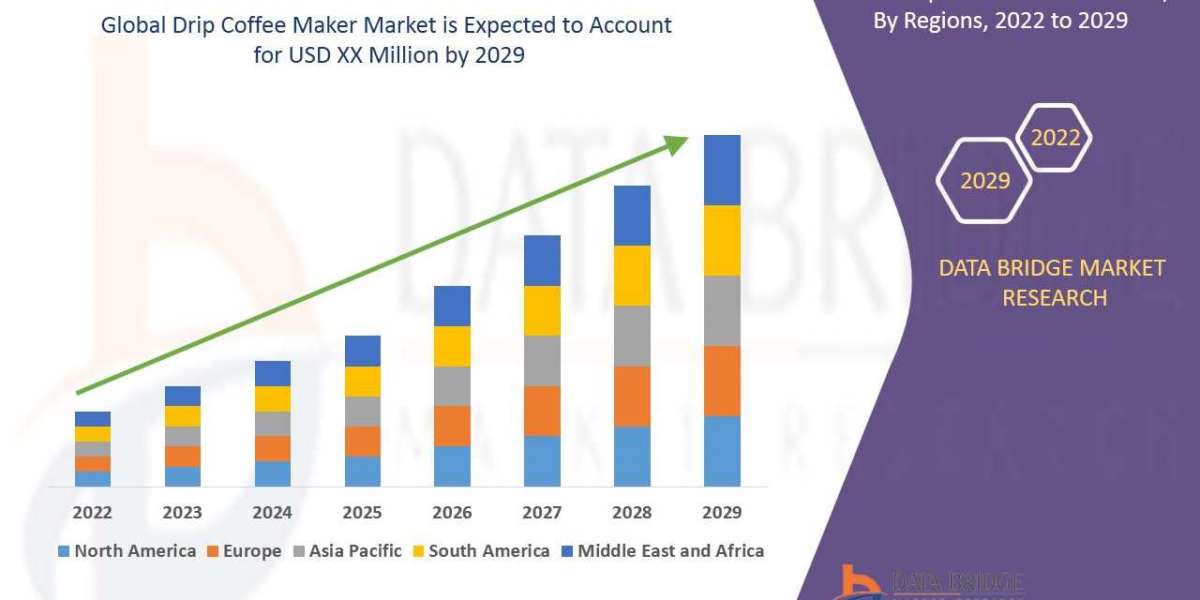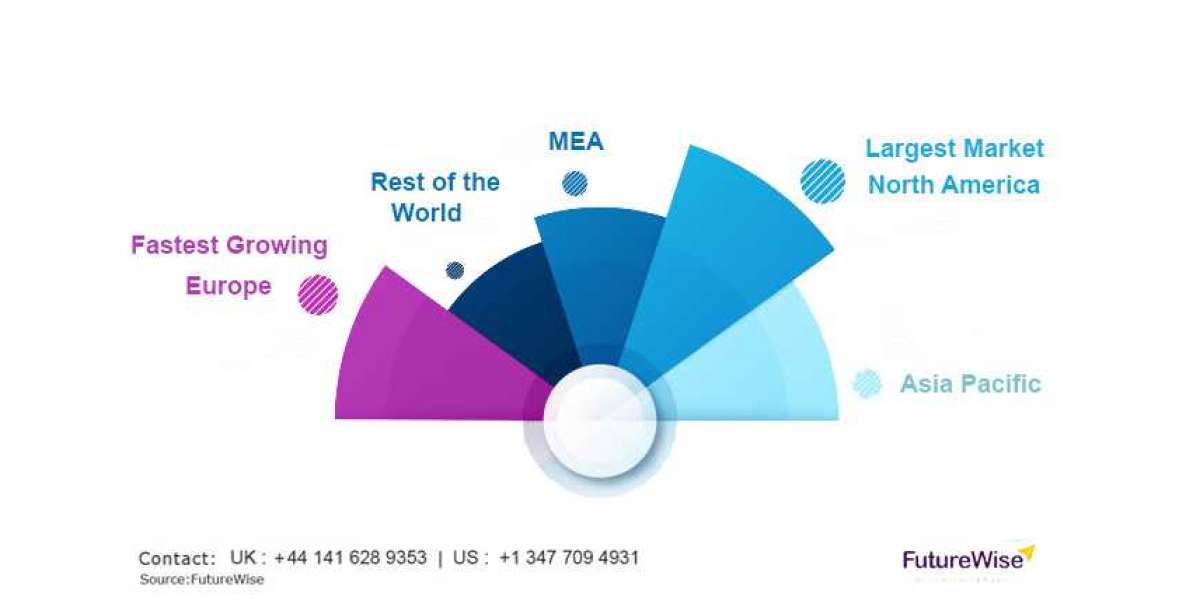This article will explore the various cost factors that can significantly impact your metal roofing estimate. If you're considering a metal roof for your home or business, understanding these factors is crucial to make an informed decision and plan your budget effectively. Metal roofing offers durability, energy efficiency, and a sleek appearance, but its cost can vary based on several key elements. Let's dive into the details.
Metal roofing has gained popularity due to its longevity and low maintenance. However, before you embark on a metal roofing project, it's essential to understand the cost factors involved. Your final cost estimate will depend on various aspects, including the type of metal roofing material, roof size, labor costs, and additional expenses. Let's explore each of these factors in detail.
Type of Metal Roofing Material
You have several material options for metal roofing, each with its price point and characteristics. Here are some common types:
2.1 Steel Roofing
Steel roofing is known for its affordability and durability. It's an excellent choice for those on a budget but still want a robust roofing solution.
2.2 Aluminum Roofing
Aluminum roofing is lightweight and highly resistant to corrosion, making it a suitable option for coastal areas or regions with high humidity.
2.3 Copper Roofing
Copper roofing offers a distinctive, elegant appearance. While it's more expensive than steel or aluminum, it can last centuries with proper maintenance.
2.4 Zinc Roofing
Zinc roofing is known for its longevity and ability to develop a protective patina over time. It's a premium option that offers exceptional durability.
Roof Size and Complexity
The size and complexity of your roof play a significant role in determining the overall cost of your metal roofing project.
3.1 Roof Square Footage
The larger your roof, the more materials you'll need, directly affecting the cost. Complex roof shapes with multiple angles and features can also increase labor costs.
3.2 Roof Pitch
A steeper roof pitch can make installation more challenging and time-consuming, potentially increasing labor costs.
3.3 Roofing Design
Intricate roofing designs with dormers, valleys, or skylights may require more specialized installation techniques, impacting the overall estimate.
Labor Costs
The roofing crew's expertise and the installation process's complexity are significant factors in labor costs.
4.1 Installation Complexity
Metal roofing installation requires skill and precision. If your roof has unique features or requires custom fabrication, labor costs may be higher.
4.2 Roofing Company Reputation
Experienced and reputable roofing companies may charge more for their services but often deliver superior quality and reliability.
Additional Costs
Beyond the basic materials and labor, there are additional costs to consider when budgeting for your metal roof.
5.1 Underlayment and Insulation
Proper underlayment and insulation are essential for a functional and energy-efficient metal roof, and these components contribute to your overall expenses.
5.2 Roof Accessories
Accessories such as snow guards, gutters, and ventilation systems can add to the final cost but are essential for the long-term performance of your metal roof.
Conclusion
When estimating the cost of your metal roofing project, it's essential to consider all these factors comprehensively. Your choice of metal roofing material, the size and complexity of your roof, labor costs, and additional expenses will collectively determine your project's final cost. By understanding these cost factors, you can make an informed decision and ensure a successful and budget-friendly metal roofing installation.
FAQs
Is metal roofing a cost-effective choice in the long run?
Metal roofing can be cost-effective in the long run due to its durability and low maintenance requirements, resulting in lower repair and replacement costs.
Can I install a metal roof over my existing shingles?
In many cases, yes, but it's essential to consult with a roofing professional to assess your specific situation and ensure proper installation.
What is the lifespan of a typical metal roof?
A well-maintained metal roof can last anywhere from 40 to over 70 years, depending on the material and environmental factors.
Are there any energy-saving benefits to metal roofing?
Yes, metal roofing can reflect solar radiation, reducing cooling costs in hot climates and potentially saving on energy bills.
Can I paint or change the color of my metal roof?
Many metal roofs can be painted or coated to change color or enhance appearance. Consult with a professional for guidance.
How do I find a reliable roofing contractor?
Research local contractors, read reviews, and ask for recommendations from friends or neighbors to find a reputable roofing company.
Are metal roofs noisy during rain or hailstorms?
Properly installed metal roofs are not significantly noisier than other roofing materials during rainfall and offer protection against hail damage.
What maintenance is required for a metal roof?
Regular inspections and debris cleaning are typically all needed to maintain a metal roof's performance and appearance.







